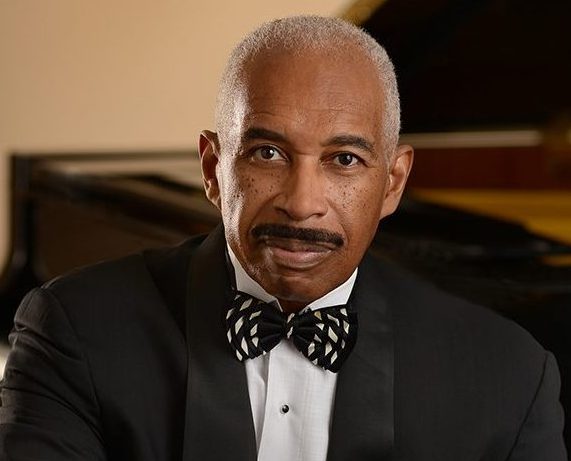

|
LEON BATES has performed in major concert halls in the United States and abroad—on five continents. Moreover, he is consistently re-engaged year after year. The Los Angeles Times called Bates “fiercely talented and powerful.” His performance with the Slovak Philharmonic elicited this praise from the critic: “Bates sets the standard…his performance was so skillful and honest, so elegant and warm that it became the standard by which I will forever measure the quality of this piece…” Return engagements have included performances in Italy with the Orchestra Sinfonica Nazionale della Rai, Maurizio Billi, conducting; return engagements with the Chattanooga Symphony, Modesto Symphony, Napa Valley Symphony, Fort Wayne Philharmonic; and many others. Additionally, he has introduced a new recital program called “American Originals” featuring the great American composers of our time. A versatile and exciting artist, Bates enjoys collaborating with string quartets, wind quintets, singers and dance companies. In 2007, he received a life time achievement award from the NANM (National Association of Negro Musicians) for his brilliant musicianship and untiring work with young people. Since winning the Philadelphia Orchestra Senior Auditions as a student, Bates has emerged as one of America’s leading pianists. He is invited to the prestigious venues and his performances have warranted critical and audience accolades in the Kennedy Center, Carnegie Hall, Philadelphia’s Academy of Music and Kimmel Center, and in San Francisco and the Bay area where he has been presented numerous times by Four Seasons Concerts. Bates’ is a master teacher, and often is called upon to give master classes to promising young musicians. In one season alone he often performs over fifty residency programs in conjunction with orchestra engagements and recitals to inspire, motivate and delight America’s youth as he opens their hearts and minds to the love of music. Bates is also a favorite on college campuses because of his broad interests beyond the world of classical music. A Renaissance man, Bates enjoys all the arts, including architecture,
dance, theater and music. He is a sports enthusiast and a disciplined
body builder, which he feels aids his concentration and maintains his
strength for the rigors of a performance career. He has also begun
composing, and finds great satisfaction in this creative aspect of music.
One venture is composing for beginning students employing a new, progressive
teaching method. He has written pieces in, collaboration with Janet
Vogt, for a method book entitled Piano Discoveries (Heritage
Music Press) [shown below]. Bates has recorded on the Orion label,
Performance Records and Naxos, and on his own self-produced label.
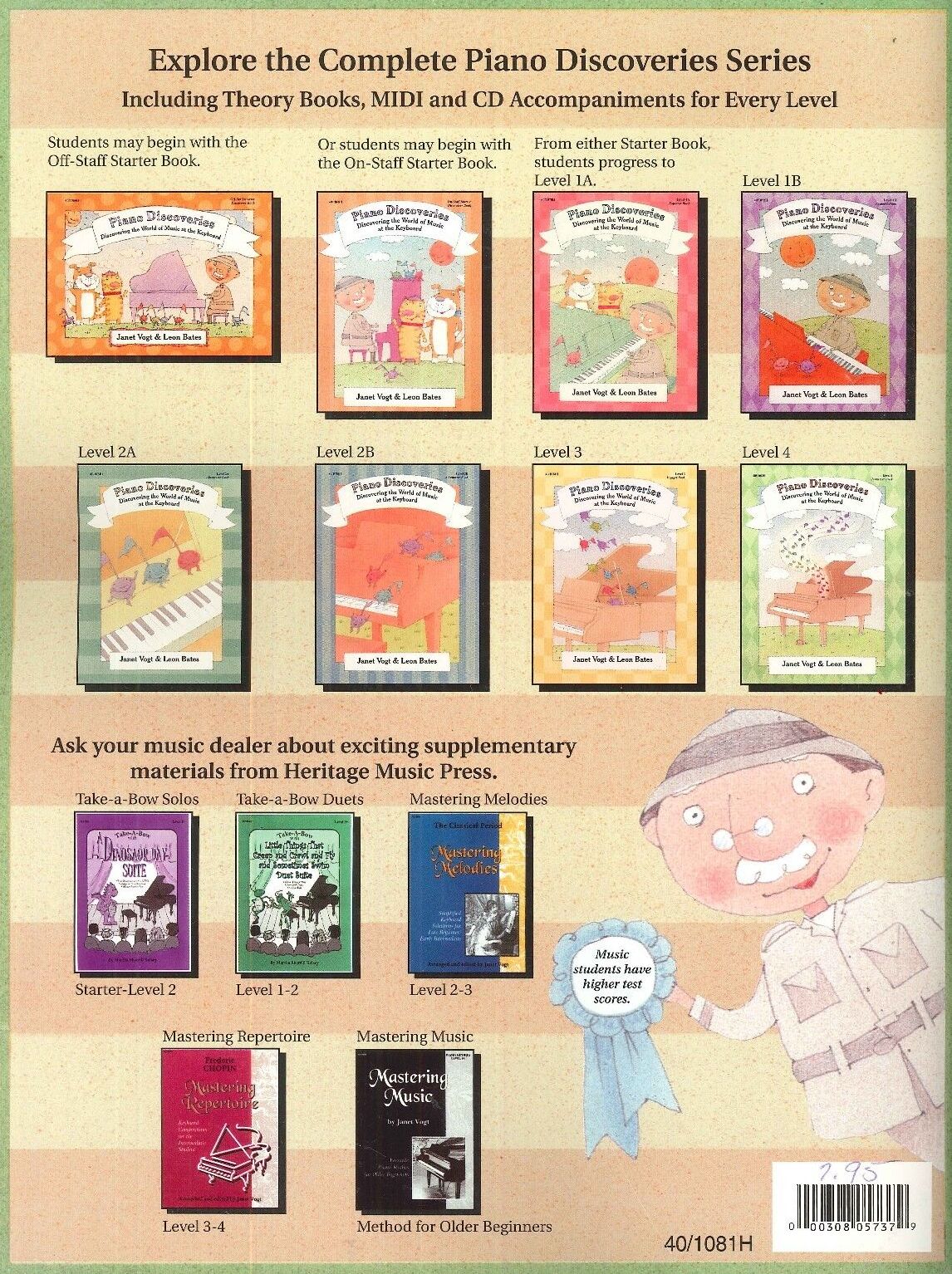
His sheer mastery of the instrument has led to many performance invitations with major symphonies in the United States such as the New York Philharmonic, the Philadelphia Orchestra, the Cleveland Orchestra, the Los Angeles Philharmonic, the American Symphony, the Detroit Symphony and the Atlanta Symphony. His large repertoire includes over 30 concerti by major composers, and several contemporary concerti. A project of Duke Ellington’s music is delighting audiences everywhere. Bates has performed all over the world, appearing with the Vienna Symphony, The Sinfonica dell’di Santa Cecilia in Rome, the Strasbourg Symphony in France, Czech National Symphony, Prague, and the Quebec Symphony. He also toured South Africa after apartheid, and performed in Johannesburg with the National Symphony Orchestra and with the Natal Philharmonic. Bates also returned to Europe for performances in Germany and Italy. A native of Philadelphia, Leon Bates began his formal study of music at the age of six on both piano and violin. While still young, he was recognized for his musical genius and groomed for a concert career. The late Irene Beck formulated his early training at the Settlement Music School, and his advanced study was under renowned pianist Natalie Hinderas at Temple University’s Esther Boyer College of Music. Among his awards are the Collegiate Artist Award from the Music Teachers National Association, the National Association of Negro Musicians Competition, the Symphony of the New World Competition, and the National Endowment for the Arts Solo Recitalists Fellowship Grant. His importance to the music world was recognized with an honorary Doctorate from Washington and Lee University in Lexington, Virginia. He also received the Raoul Wallenberg Humanitarian Award from the Greater New York Wallenberg Committee for his extensive work with children. Some highlights of his career include a performance with Lorin Maazel and the Orchestra of France; participating in the Steinway Foundation’s Gala Celebration commemorating the building of their 500,000th piano at Carnegie Hall; a performance at La Scala in Milan in a televised program, for which he received numerous ovations from a jubilant audience. Bates has performed in Carnegie Hall with the New York Pops, Skitch Henderson conducting; and toured the U.S. in a program featuring the works of George Gershwin. The program, “Gershwin by Request,” has been performed at dozens of major venues from the Barbara Mann Music Center in Ft. Myers, Florida to the Detroit Music Hall. One Carnegie Hall highlight was a performance with Tamas Vasary in a tribute to his late teacher, Natalie Hinderas. Another was his debut recital in that hall. Bates has continued to delight audiences while performing alone or with notable ensembles. He performed with the Bournemouth Symphony in England, Tamas Vasary conducting, and later as soloist with the Duke Ellington Orchestra in Rome’s Olympic Stadium before an audience of 20,000 as a tribute to Christopher Columbus. Mr. Bates premiered a concerto by Adolphus Hailstork with the Virginia Symphony, later performing the Concerto with five more orchestras and culminating that experience with a performance in Carnegie Hall, JoAnn Falletta, conducting the Virginia Symphony. He has also performed several times with conductor Paul Freeman. In October of 2001 Governor Tom Ridge presented the Pennsylvania Artist of the Year Award to Mr. Bates. Highlights of recent seasons are performances with the Detroit Symphony, U.S. Air Force Band, Napa Valley Symphony, Brooklyn Philharmonic, Czech National Symphony and extensive tours in the Mid-Atlantic states, and participation in a Gala concert with the Philadelphia Orchestra. In 2003-04 he toured again in Italy and performed with many orchestras and in numerous recitals and in residencies. He also performed both in Switzerland and Germany. A favorite at summer festivals, Leon Bates has performed in Chicago at Grant Park, at the Lake Tahoe Festival, at the Mann Music Center with the Philadelphia Orchestra, at the Cascade Festival with Murry Sidlin conducting, in Boston and on tour with the Boston Pops, Keith Lockhart conducting. Bates has been soloist at the Hollywood Bowl and returned on four occasions, most notably under the baton of John Maurceri. He has also worked with conductor James DePreist in Oregon, and with the New York Philharmonic. He also has offered two lectures. The first is “Brown vs. the Board of Education,” based on the May 17, 1954 Supreme Court ruling, and the second is “American Originals,” recognizing the achievements of America’s extraordinary composers of our time.” Performance demonstrations accompany both lectures. |
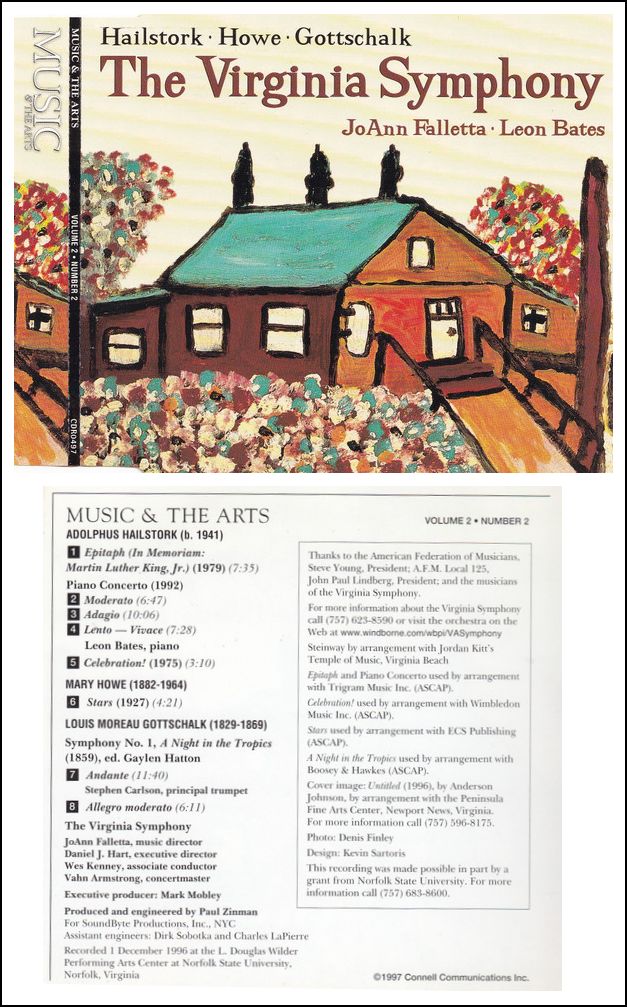
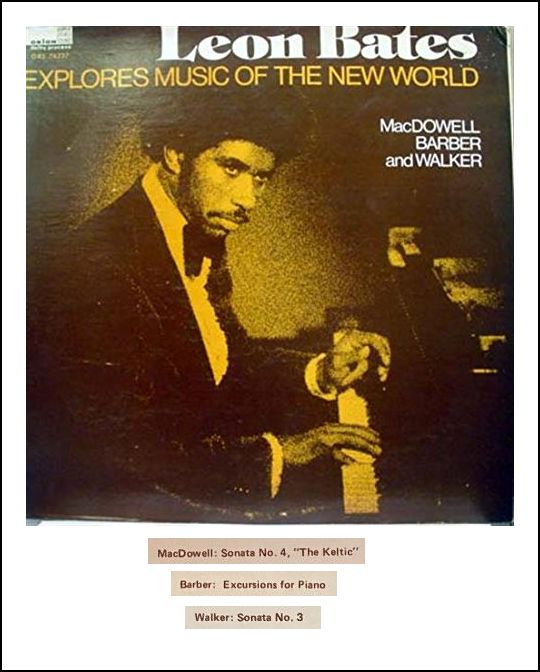
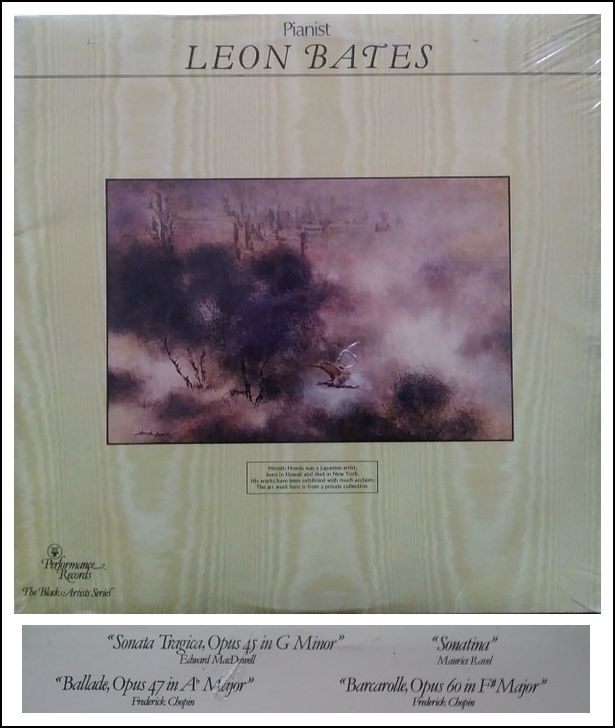
| Eddye Young was a national finalist in the
Metropolitan Opera Auditions and winner of the San Francisco Opera Grand
Finals. Since her 1979 New York debut she has been in increasing demand,
and was described by The New York Times as having "a strong, true
and uncommonly attractive soprano sound." Benjamin Matthews is a New York
City Opera baritone who had a highly successful two-month run in Rio de
Janeiro as the lead in Porgy and Bess. His voice has been described
as "...a dominant, cohesive force...pouring forth unfailingly rich tone
and grand phrasing throughout the evening." |
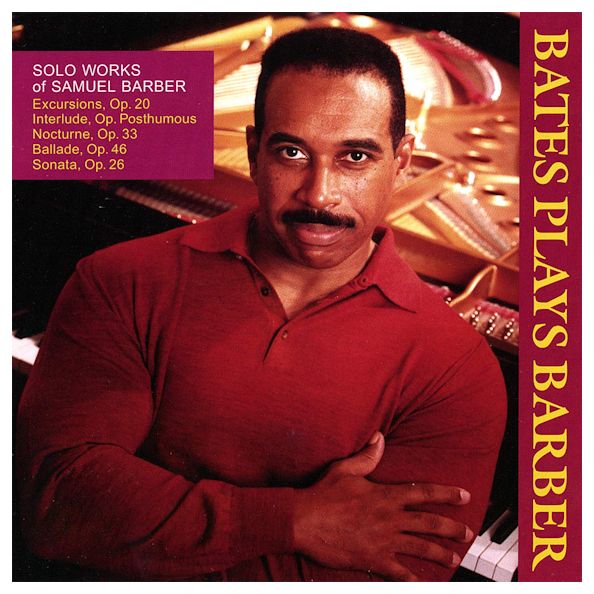
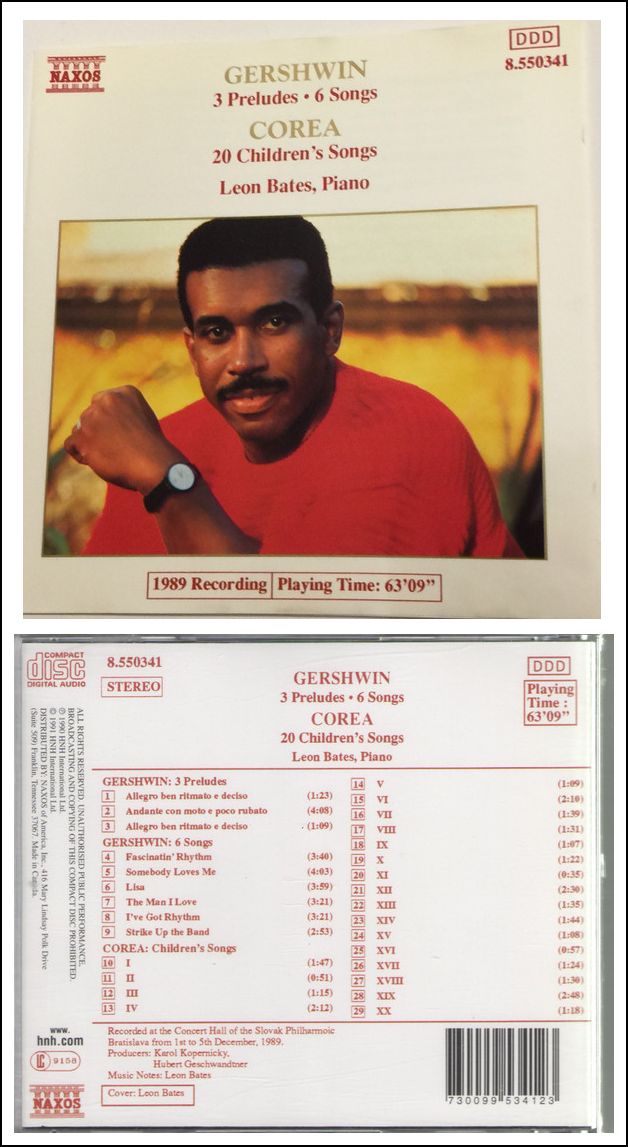
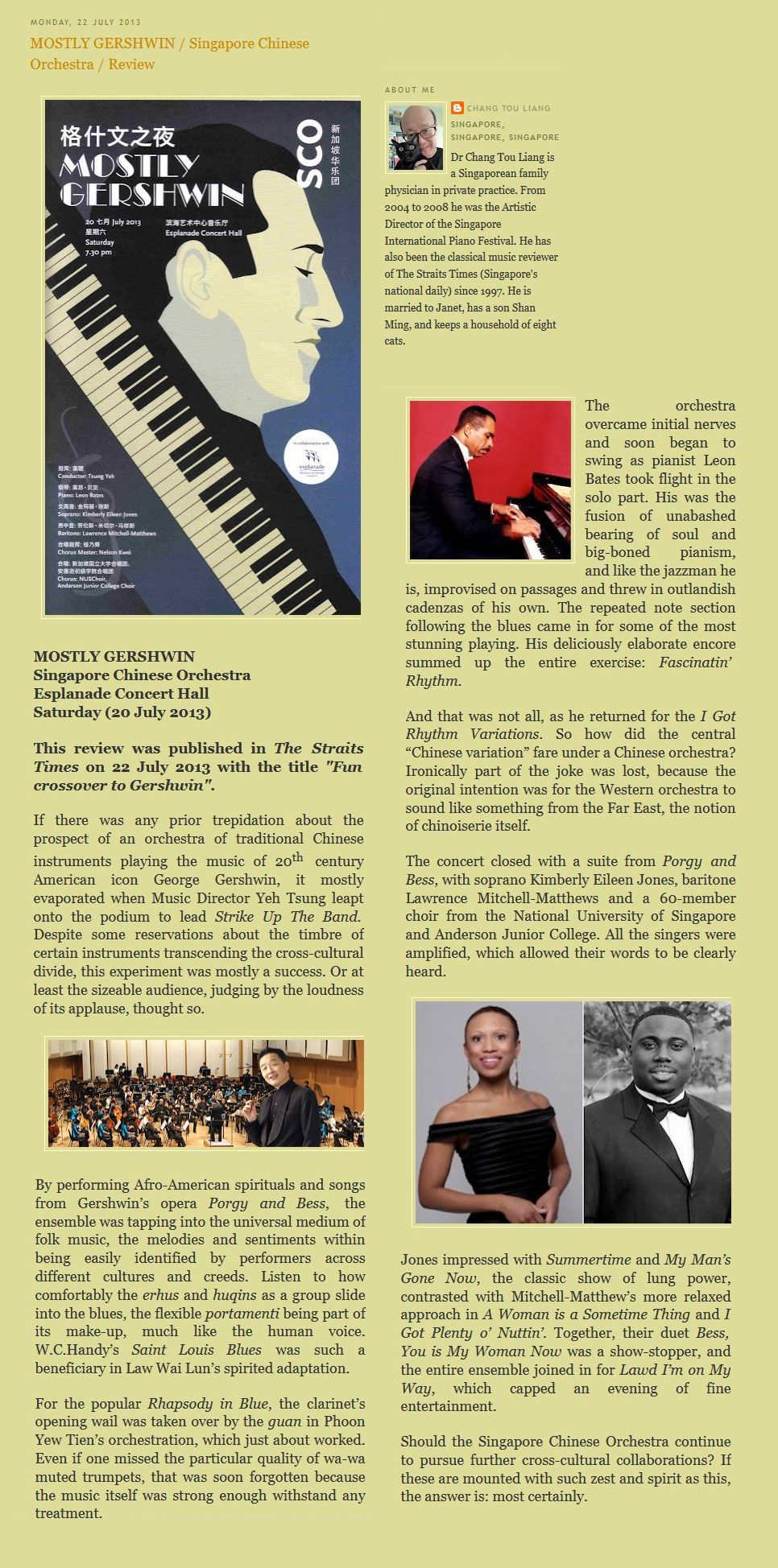
© 1991 Bruce Duffie
This conversation was recorded in Chicago on June 24, 1991. Portions were broadcast on WNIB in 1994 and 1999. This transcription was made in 2022, and posted on this website at that time. My thanks to British soprano Una Barry for her help in preparing this website presentation.
To see a full list (with links) of interviews which have been transcribed and posted on this website, click here. To read my thoughts on editing these interviews for print, as well as a few other interesting observations, click here.
Award - winning broadcaster Bruce Duffie was with WNIB, Classical 97 in Chicago from 1975 until its final moment as a classical station in February of 2001. His interviews have also appeared in various magazines and journals since 1980, and he now continues his broadcast series on WNUR-FM, as well as on Contemporary Classical Internet Radio.
You are invited to visit his website for more information about his work, including selected transcripts of other interviews, plus a full list of his guests. He would also like to call your attention to the photos and information about his grandfather, who was a pioneer in the automotive field more than a century ago. You may also send him E-Mail with comments, questions and suggestions.